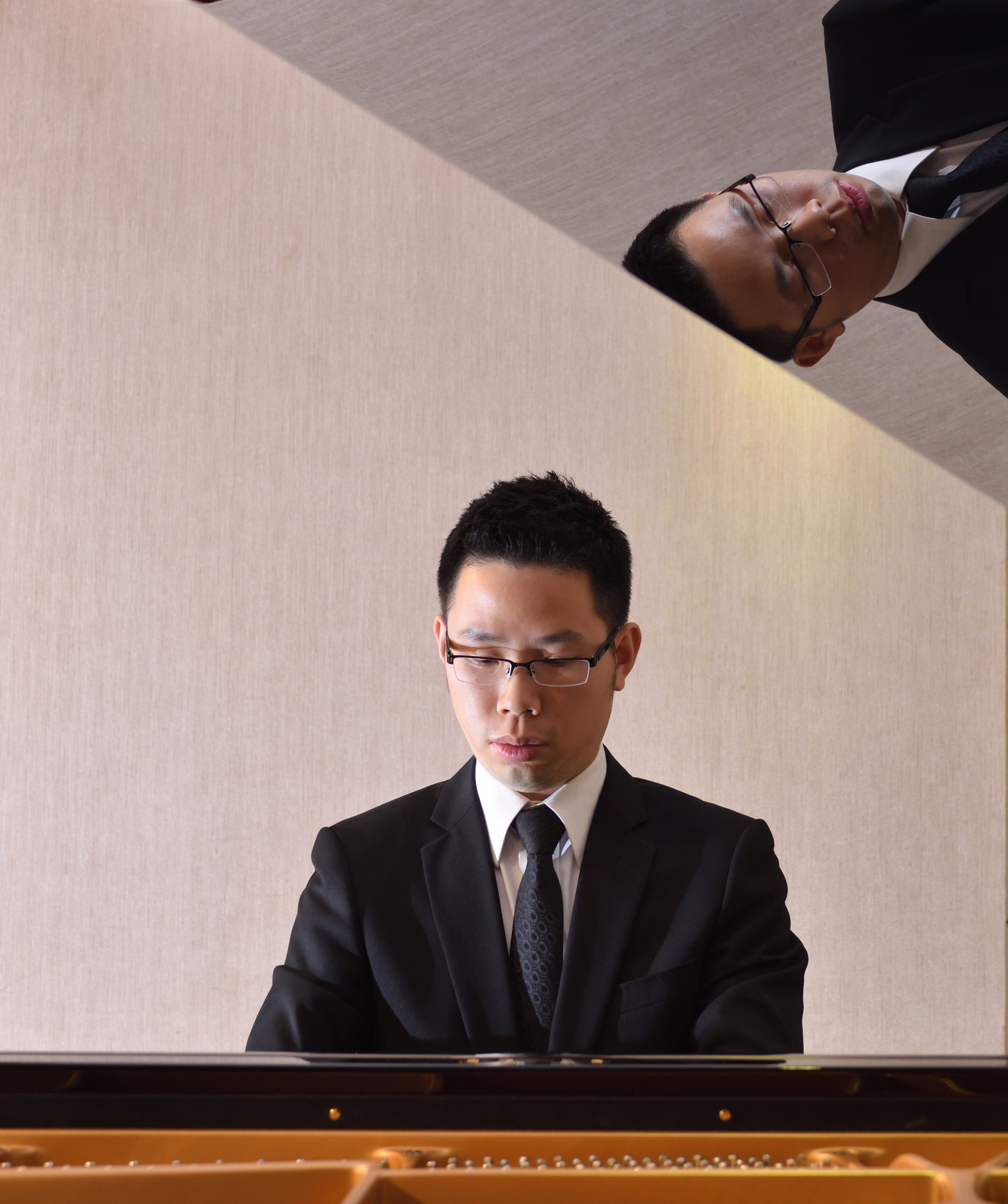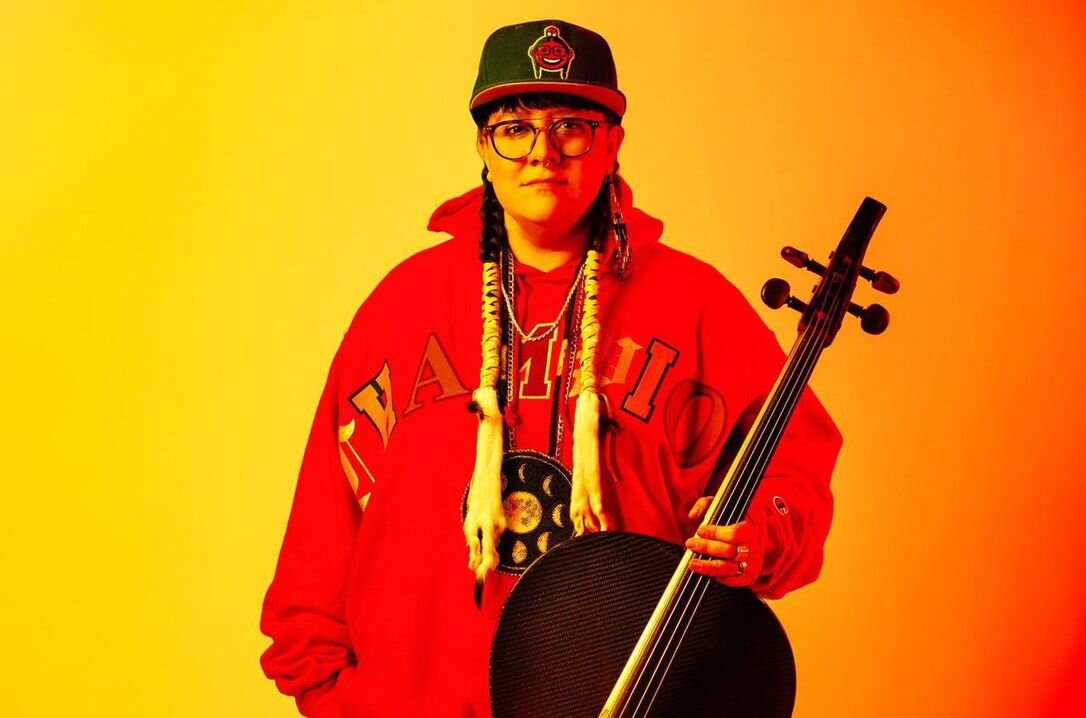Note: This is the first story in a new series that profiles UBC School of Music alumni who have followed interesting and innovative paths to career success.
By Andrew Hung
It is difficult to give Lucas Wong (BMus’04) a specific label or title.
The UBC School of Music alumnus is a concert pianist and recording artist, but his career goals extend far beyond performance. He is also a university professor, a collaborator in a computer software project for piano students, a textbook writer, and the founder of the lecture-recital series, Mostly Debussy.
““I always enjoyed talking about music as much as I enjoy playing music,” Wong says. “As pianists, we have to look for new ways to engage the audience in our programs. One of the ways is by interacting with the audience and introducing pieces to them.””
Mostly Debussy was featured at the Roy Barnett Recital Hall in September, a concert in which Wong performed Debussy’s Pagodes from Estampes, as well as several selections from his collection of Préludes and Etudes. As part of the concert he also explained how the pieces work and what makes them so compelling.
The lecture-recital series is currently in its fourth year, and has featured the works of Debussy and Stravinsky, as well as Chopin and the French Romantic composer Emmanuel Chabrier.


Lucas Wong/UBC School of Music
Next year, the final year of Mostly Debussy, will be an important one. It is the 100th anniversary of Debussy’s passing, and to commemorate the event, Wong has commissioned three composers to each write a work for the series. One of the objectives of these compositions is to reflect Debussy’s late work, the Cello Sonata.
Just a year before starting Mostly Debussy, Wong began collaborating with computer science students and professors at the Chinese University of Hong Kong to create a software that will make piano reductions — that is, simplified arrangements or transcriptions of an original score or composition — more accessible for performers, educators, or anyone who simply enjoys music.
“It will be cool if one day, if someone pulls out the iPad, and says, ‘I feel like playing the second movement of Mozart’s Jupiter Symphony on the piano,” Wong says. “‘And maybe my technique isn’t too great, so give me a very simple version.’ And if that can be done in five seconds, that would change a lot of how people can appreciate music.”
Wong expects that the final product will be the first software of its kind on the market. In the meantime, the project poses interesting challenges.
“It’s more complicated than we actually expected. Even the word ‘harmony’ opens up so many different things that one still tries to accomplish. What is the harmony? Or what are the possibilities? Computers don’t usually like the word ‘possibilities.’”
LISTEN: Lucas Wong performs Debussy and Chabrier
In the same year that the software project began, Wong also began work on a textbook for keyboard harmony students, although he didn’t realize it at first. As one of the first faculty members in the Soochow University School of Music’s performance program, he had the opportunity to create a course from scratch, which was eventually named “Advanced Musicianship and Improvisation Skills for Keyboard.” Wong began writing the course outline and syllabus, originally without the intention of creating a textbook. But as the worksheets he wrote for his students grew in number, he realized that he had a textbook in the making.
“I’ve revised the format of the book many times, internally. I’m on the fourth or fifth edition, without publishing it. Hopefully, someday we’ll have it done,” he laughs.
Wong was once a student reading textbooks, not writing them. He was a very busy student. He played chamber music, collaborated with singers, and played for UBC Opera’s rehearsals. In his first year, Wong also played cello in the UBC Symphony.
He recalls the instructors who made an impact on him as a student at the UBC School of Music – Bob Pritchard, Rena Sharon, and Bruce Pullan.
With 2018 shaping up to be a big year, Wong appreciates the insights he picked up in his piano lessons and Piano Pedagogy courses at UBC, lessons about efficient practicing that has also translated to other areas of his career.
“When you have less and less time, you’ll find out that the only way to do it right is to do it efficiently. You have to always be very well with time management.”
He pauses for a second.
“But most musicians are naturally very good with time management — onstage with rhythm!”


